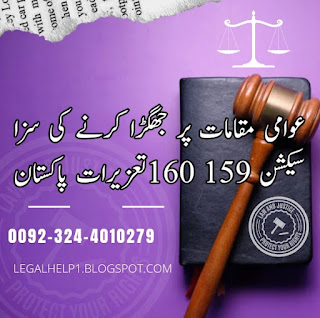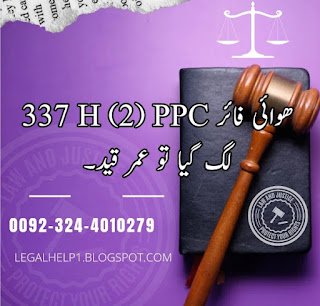Court marriage karne ka tareeka | court marriage process in Pakistan.

What is the Court marriage meaning Court marriage typically refers to a legal union between two individuals that takes place in a court of law, as opposed to a religious ceremony or a traditional cultural celebration. In Pakistan, court marriages are a straightforward and secular way for couples to formalize their marital status. The ceremony is conducted by a legal authority, often a judge or a magistrate, and it involves the couple signing the marriage documents in the presence of witnesses. This type of marriage is recognized by the state and carries legal validity. Court marriage procedure In Pakistan in Urdu . Dosto humare logon main buhat se log court marriage ke bare main na jante hoe buhat si mushkalat ka shikar ho jatain hain . main ne aise buht se cases handle kiye hain jin main larki ki razamandi ke sath couple ghar se bhagtey hain . magar qanoon se nawaqfiat hone ki wajah se wo court marriage nahin kr patey jiss ka nateeja yeh niklta hai keh larki






